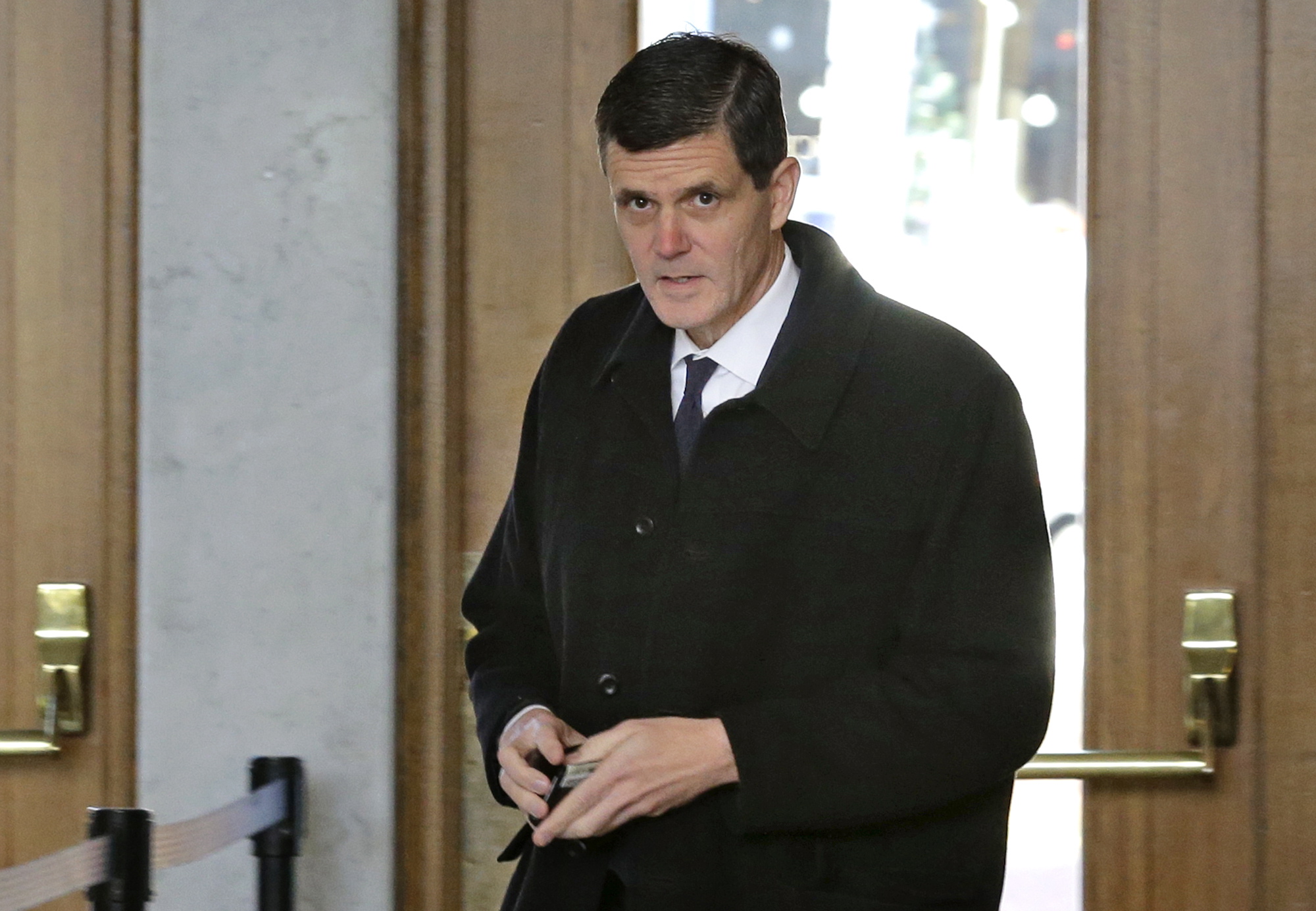TACOMA — The jury box was empty, but otherwise the three-day U.S. District Court hearing in the case of indicted Washington state Auditor Troy Kelley this week bore some resemblance to an actual trial: Prosecutors laid out their allegations, witnesses faced withering cross-examination, a defense lawyer insisted no crime had been committed.
In the end, the spectacle did little to sway the judge, who said he had pretty much known all along how he was going to rule on the matters before him.
But it did provide a dry run that offered the clearest look yet at the potential strengths and weaknesses of the Justice Department’s case against Kelley, the first Washington state official to be indicted in decades.
Kelley, a 51-year-old Democrat who was elected auditor in 2012, faces money laundering, possession of stolen money, lying under oath and tax evasion charges arising from his operation of a real-estate services business from 2006 to 2008. Prosecutors insist that as he tracked transactions for mortgage title companies, he kept about $3 million in fees that he was supposed to refund to homeowners. He later started paying himself $245,000 a year from the proceeds, investigators said.




